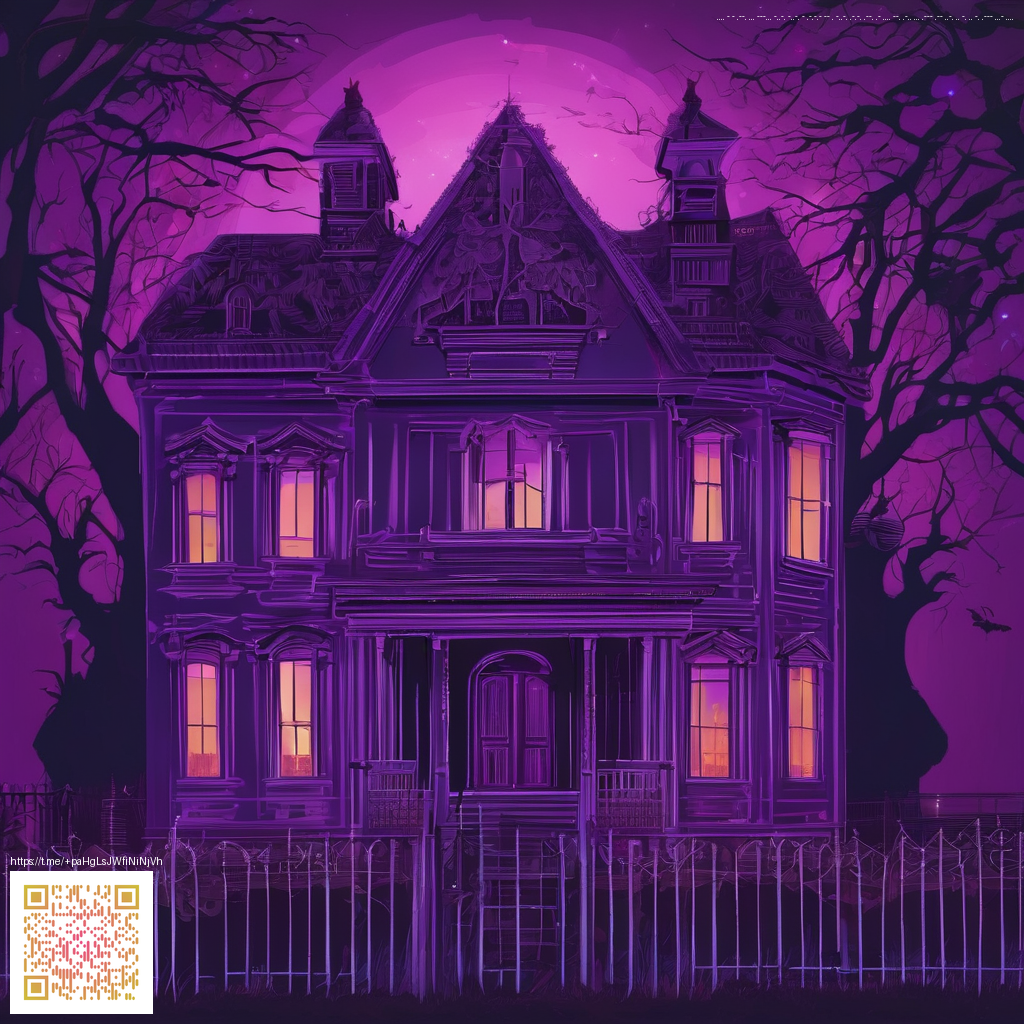
Umbra of the Star-Spawn
The town gathered on the hill as the edge of the sun slipped behind the new moon, and the sky bled a violet-black that felt almost alive. People whispered about the eclipse as a spectacle, a rare calendar joke that would soon pass. But I had the uncomfortable sense that something else was arriving with the shade—something that did not come from the world, but from the places between stars.
When the corona stretched into a thin skull of light, a shape came with it: not a silhouette of a creature, but a presence, a pressure behind the eyes that pressed outward as if the universe itself were breathing through us. I stood with my camera, not to capture light, but to measure the nothingness between photons. In that gap, a language woke in my teeth, a syllable of cold that I could almost remember from a childhood I never lived. Then the light snapped back, but the memory did not.
“We were not made to witness the dark alone,” I found written across the page of a library ledger later, as if someone had scribbled the truth into a ledger that should never have remembered. The note had the taste of ash and rain, and it trembled when I breathed.
From that moment, the night lingered. The town’s cats hissed at nothing; the church bells rang with a historian’s tremor, repeating a cadence that did not belong to any clock I knew. The eclipse virused the air with a scent of cold copper and distant oceans. People began to speak in a dialect of hesitation, choosing words like a card sharp chooses suits, as if the planet’s gravity had rearranged their thoughts. I kept returning to the hill, to the place where the light had been severed, trying to understand what had touched the edge of the world and left a mark on my tongue.
- The birds fell mute in a chorus of velvet shadow.
- Clocks slowed, then leaped forward, counting backward in a rhythm that made no sense to the living.
- Saltwater rose in the air, a brine that clung to skin and spoke in the fear-tender vowels of old sailors.
Then came the true visitor—the Star-Spawn, not a beast but a chorus of points, a gathering of glimmers that formed a map across the sky. It did not scowl or hiss; it insinuated, drawing closer by the orbit of unaired sentences. The entity did not want to conquer the world as much as it desired to narrate it, to rewrite the margins of history with a language that only the doomed could hear. I listened, and in listening I learned that the Umbra was a patient thing, counting centuries as if they were breaths, waiting for the moment when a single soul would look away from the light long enough to forget how to look at it at all.
When dawn finally returned, the hill emptied and every doorway seemed slightly ajar, as if the town itself was listening for a return that would never come for the living. Yet beneath the waking sun, I felt the tail of a cold comet brushing the nape of my neck, and I understood: the Umbra does not end with an eclipse. It only recedes, promising to return when the next veil of night slips between the stars and the world forgets how to blink.